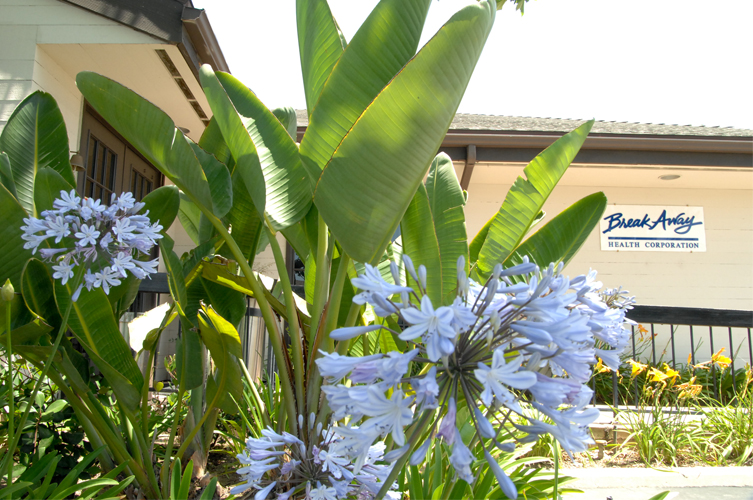 Anger management in recovery is a life skill. It is one of many ways of coping with difficult life events and people. Anger is a natural emotion. It is perfectly okay to feel anger. However, a person in recovery from drugs or alcohol might have difficulty handling his anger. He might be angry that he has the disease of addiction. He might be angry at past hurts he has experienced. He might also be angry at himself for damage he caused during his addiction.
Anger management in recovery is a life skill. It is one of many ways of coping with difficult life events and people. Anger is a natural emotion. It is perfectly okay to feel anger. However, a person in recovery from drugs or alcohol might have difficulty handling his anger. He might be angry that he has the disease of addiction. He might be angry at past hurts he has experienced. He might also be angry at himself for damage he caused during his addiction.
No matter what the reason for the anger that a person has inside, or for the anger that he will certainly experience in the future, anger is powerful. It can be destructive and have very negative consequences if it is not expressed appropriately. It can also be a great catalyst for emotional growth when it is channeled into positive behaviors. Anger management in recovery is a coping skill which requires learning techniques to express anger appropriately.
Negative Responses to Anger
Every person responds to anger differently. A person’s attitude and behavior in response to anger can be helpful or harmful. Characteristics of problematic anger management in recovery are:
- Arrest or legal problems due to anger-related incidents
- Being physically abusive to others and/or experiencing injury to self due to an anger-related incident
- Desire to use substances to ease the anger
- Feeling frozen with anger
- Having frequent bouts of anger or bouts that last too long
- Isolation due to anger
- Letting resentment and bitterness build up inside
- Losing control of self, having explosive anger or rage
- Stuffing anger down; denying it
- Verbal abuse such as name-calling, insulting others, rudeness, shouting and/or using profanity
Harmful Beliefs about Anger
There are some beliefs that make learning anger management in recovery harder. The beliefs must be replaced with more helpful beliefs and attitudes. Some harmful beliefs about anger are:
- Someone or something else is responsible for my anger (they need to fix it, not me)
- I can control others and get what I want when I’m angry
- I deserve to get what I want
- Things have to be done my way
- It is wrong to get mad (I am a bad person if I get angry and should feel guilty about it)
Self-Talk
The feeling of anger begins with self-talk. Anger management in recovery requires changing harmful self-talk to sometime more productive. Clues to non-productive, harmful self-talk include:
- Believing that something or someone “should be” a certain way or “should do” a certain thing (including oneself)
- Rhetorical questions that hide your real thoughts
- Statements that limit your options and choices such as those based on have to’s, need to’s and musts
- Statements involving blame, insults or put-downs
- Statements that are based on absolutes, extremes or over-generalizing
Eight Anger Management Strategies
- Avoid making unreasonable demands or blaming.
- Cultivate forgiveness towards others.
- Avoid a triggering situation or person. If not possible to avoid a trigger, have a plan of self-management ready. Write it down and take it with you to use as a guide in the event that your anger begins to flare up.
- Look at both sides of a situation. Compromise. Avoid black-and-white thinking.
- Maintain respectful, calm assertive communication that expresses how you feel.
- Pay attention to your body’s warning signs such as feeling on-guard or feeling irritation and annoyance. Begin anger management techniques immediately.
- Stay in control of yourself and the situation. Don’t allow the other person to manipulate your emotions. Utilize deep-breathing and positive self-talk that calms you and slows down the situation. Take a time-out or completely leave the situation if need be.
- Allow yourself space to think about the consequences of how you handle your anger.
Goals
The goal of anger management in recovery to is develop open, rational and calm attitudes and behaviors in response to the natural feeling of anger. To do that a person must identify his own pattern of anger responses and triggers, and then replace them with more appropriate responses. Having good anger management in recovery fosters connections with other people and improves a person’s inner peace and stability.
 Call Today! (800) 910-9299
Call Today! (800) 910-9299







Speak Your Mind
You must be logged in to post a comment.